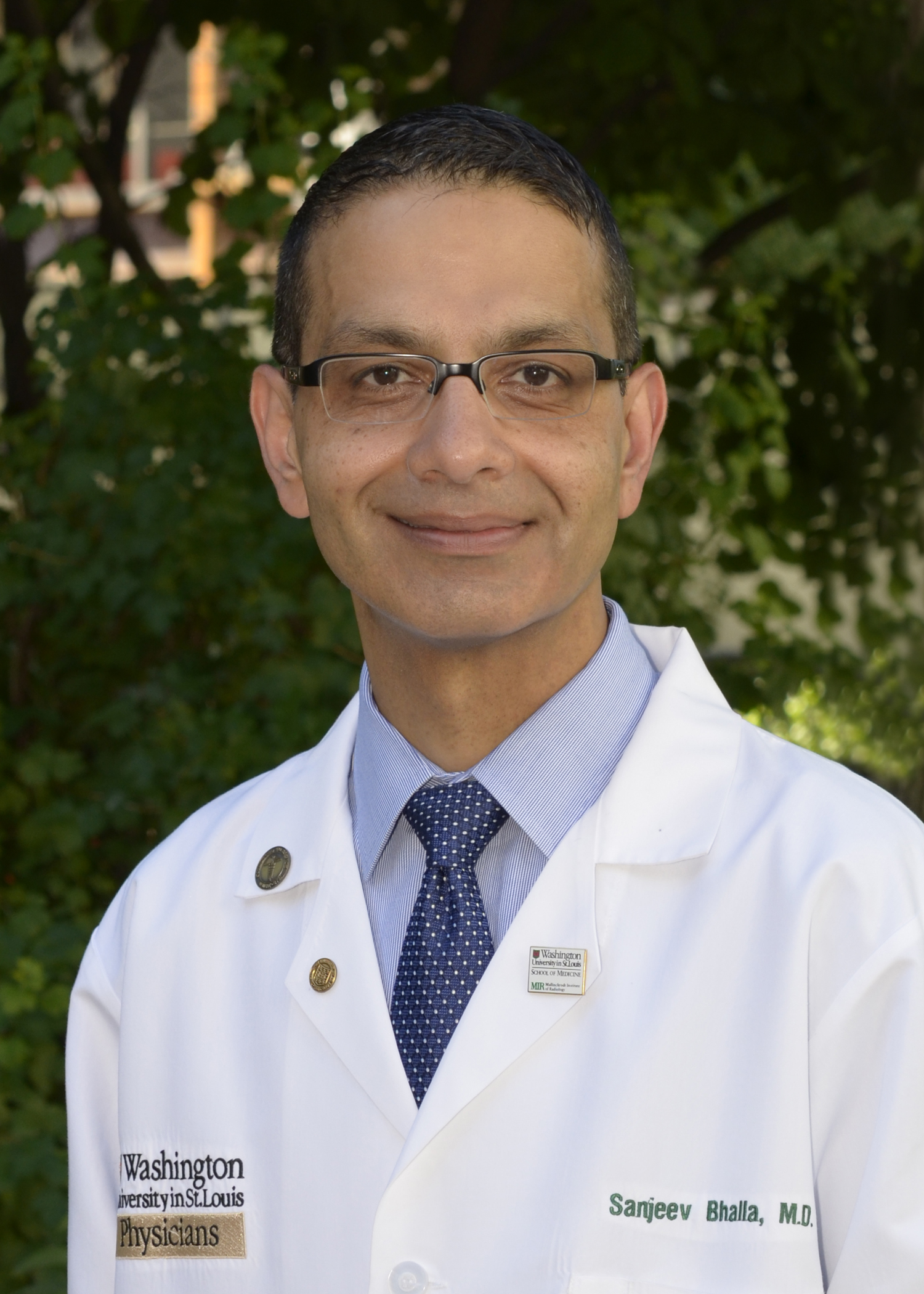June 2021 | Volume 14, Issue 3


With Monumental Task Accomplished, ABR Looks to the Future
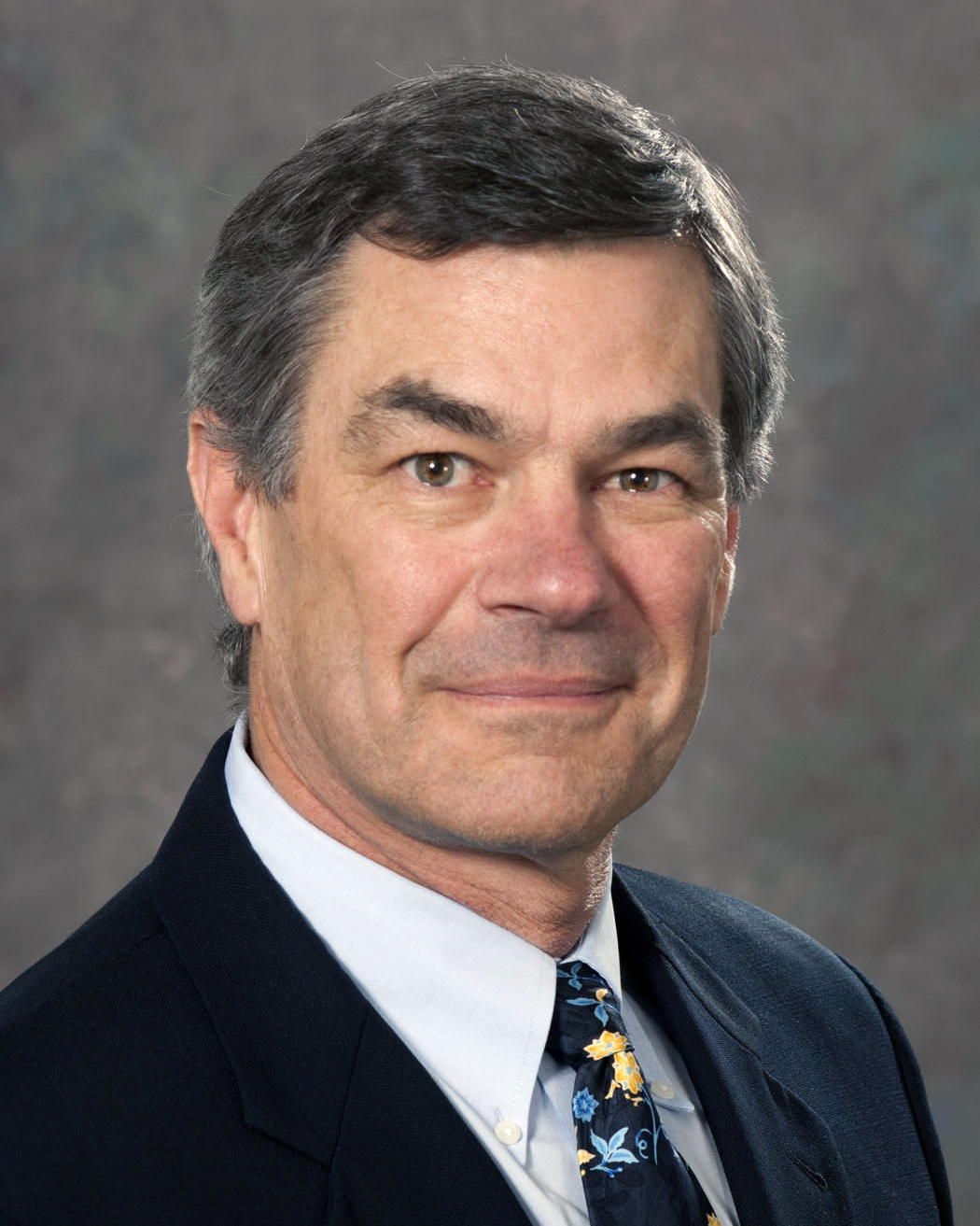
by J. Anthony Seibert, PhD, ABR Governor
2021;14(3):1
“ ‘2020’ is finally over” – a direct quote from a message sent by ABR Executive Director Brent Wagner to the Board of Governors after the final oral exam for radiation oncology was completed on May 19. In an accompanying note, he congratulated staff for being “resilient in spirit and imaginative in execution” when challenged in June 2020 to redirect their efforts to the delivery of remote computer-based and oral exams. Indeed, as you will read in this edition of The Beam, a truly monumental effort in the midst of the pandemic and mostly “at home” work was undertaken by staff to implement the infrastructure and software, devise procedures and protocols, organize a large number of ABR volunteers for training on the oral exam platform, and keep things on schedule – all within 11 months!
Dr. Wagner shares his insight into the process and how plans for future exams are shaping up in his From the Executive Director article this month. In From the Disciplines, separate articles by medical physics, radiation oncology, and interventional radiology describe their perspectives regarding the certifying oral exam experience. In the Volunteer Spotlight and New Perspectives sections, ABR Communications Manager Rodney Campbell interviews experienced as well as new examiners for their impression of the platform and their perceptions of the candidates’ comfort during exam delivery. Now, on to 2021!
Click HERE to read more.

ABR Continuing Certification Programs Designed to Meet ABMS Standards
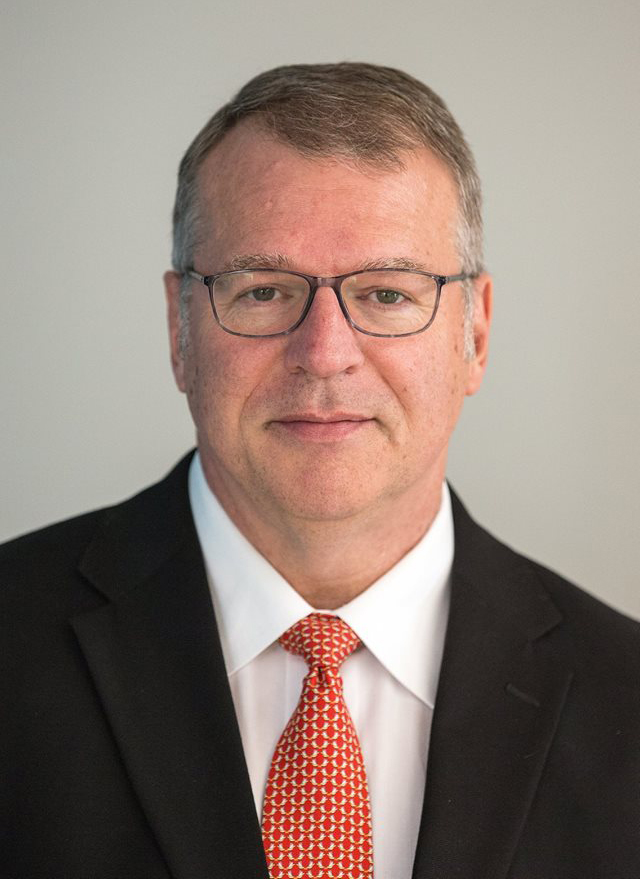
by Vincent P. Mathews, MD, ABR President
2021;14(3):2
In response to a February 2019 report generated by an independent commission (Continuing Board Certification: Vision for the Future), the American Board of Medical Specialties (ABMS) has developed a set of standards for Member Boards to follow when developing refinements and enhancements to their continuing certification programs. The ABMS is “seeking public commentary on the Draft Standards for Continuing Certification from all stakeholders who possess, use or rely upon the board certification credential as an indicator of a diplomate’s professionalism and proficiency of specialty knowledge and skills.”
The standards emphasize the responsibility of the Member Boards, including the ABR, to serve the public interests while simultaneously providing relevance and value for the professionals involved in certification programs. Further, the boards understand their obligation to avoid duplicative efforts for medical practitioners who already face considerable administrative burdens in their practice.
Click HERE to read more.

Months of Development Led to Successful Oral Exam Administrations
 by Brent Wagner, MD, MBA, ABR Executive Director
by Brent Wagner, MD, MBA, ABR Executive Director
2021;14(3):3
Last month, the ABR hosted hundreds of candidates for oral board certification exams in medical physics, interventional radiology, and radiation oncology. The result of almost a year of design and iterative development, the exam interface combined standard video conference software with an interactive platform developed by the ABR. This created an exam experience and scoring model as similar as possible to the previous in-person oral exam without the risk or inconvenience of travel, lost time from work, etc.
ABR staff at multiple levels were critical to the execution of the process, which involved as many as 100 candidates in a single day, connected with examiners from around the country. After content development by subject matter experts, individually and in committees, exam development staff incorporated the cases into a standard format. Testing and modification addressed the need for examiners to have an intuitive interface to proceed through the cases with the candidates, while participating in a rigorous scoring methodology that would achieve the highest level of fairness.
Click HERE to read more.

ABR Residency Leave Policy: How We Got Here
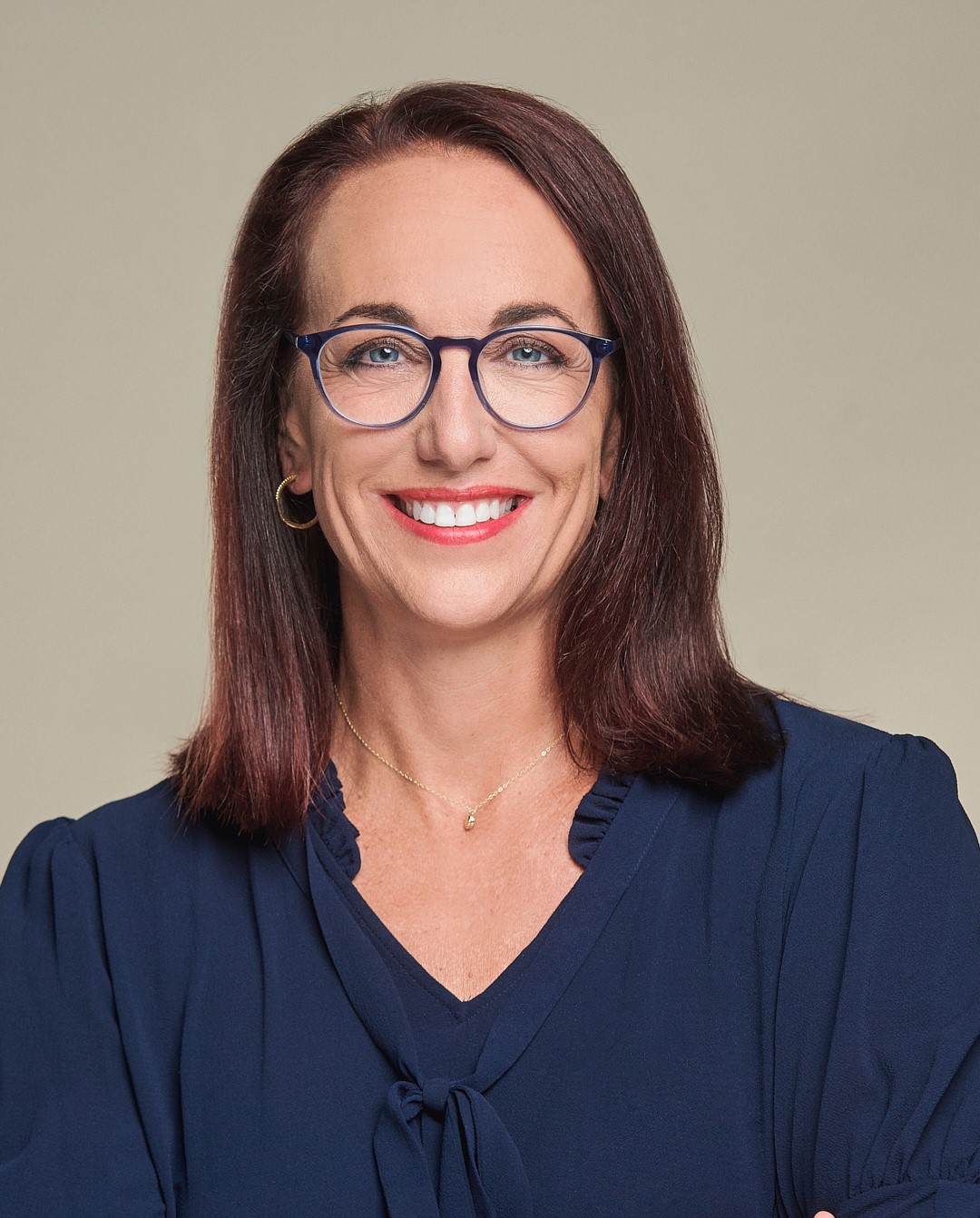 by Cheri L. Canon, MD, ABR Governor
by Cheri L. Canon, MD, ABR Governor
2021;14(3):4
The American Board of Medical Specialties (ABMS) brings together 24 Member Boards, including the ABR, and seeks to establish certain standards across all specialties in an effort to allow the public to rely on “board certification” as a consistent credential. In July 2020, the ABMS announced that each of the Member Boards would be required to clearly define how much time off would be permitted during a residency in their respective specialties without a requirement to extend training. The ABMS policy is available here. ABR governors and trustees discussed this at length during our winter meeting. Although, as of this writing, the ABR policy is not yet finalized, we want to share the rationale of the Board for our discussions and the associated process for gathering input. We are extremely grateful to our stakeholders for engaging in this important discussion.
Based on the preliminary opinions of several academic faculty in each of the four radiology disciplines (medical physics, radiation oncology, diagnostic radiology, and interventional radiology), we distributed a draft proposal to several stakeholder groups across these disciplines and solicited broad public comment. Our early draft, based on the need to maintain a meaningful length of training in the specialty and informal assessment of historic patterns, was almost 50% more than the minimum overall time off required by ABMS. However, as we had hoped, additional perspectives were provided via discussions with trainees, program directors, and department chairs during virtual interactive sessions throughout April. In addition, dozens of comments were submitted directly to senior ABR staff and via our website. This informed our internal discussions and allowed us to refine the proposal.
Click HERE to read more.

Volunteers Are Essential to the ABR’s Work
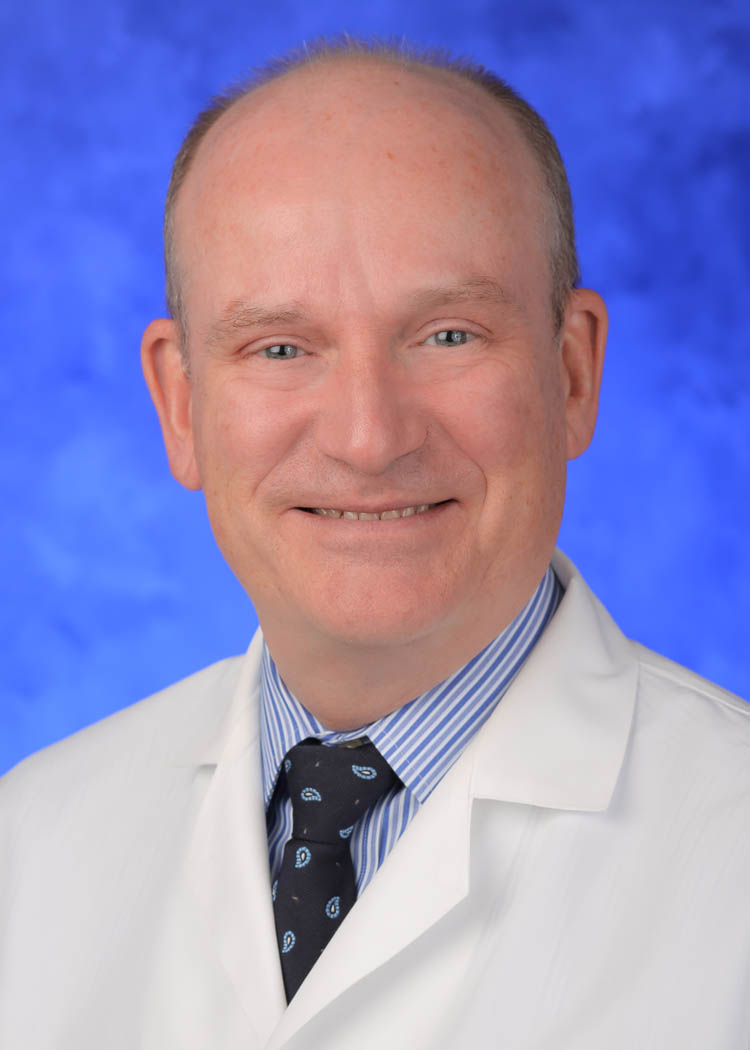 by Donald J. Flemming, MD, ABR Board of Trustees Chairman
by Donald J. Flemming, MD, ABR Board of Trustees Chairman
2021;14(3):5
The ABR’s mission is to certify that our diplomates demonstrate the requisite knowledge, skill, and understanding of their disciplines to the benefit of patients. Completion of this charge is only possible through the tireless dedication of the 1,300 volunteers who support this goal. ABR leadership recognizes the significant contribution of the volunteers and is committed to improving the volunteer experience.
Item-writing committees represent the largest group of volunteers and are responsible for writing and vetting the questions that are used on all ABR qualifying and certifying exams and for Online Longitudinal Assessment (OLA). The process is time consuming and demands thoughtful attention to detail. The Pearson VUE software that the item writers have used in the past was not designed for the image intensive nature of many of our exam questions and was inefficient and unfriendly for the end user as a result. After a nearly one-year effort, a new system, RAD, has been designed in-house from the ground up to support our item-writing committees with an efficient and intuitive user interface. RAD will be in general use this spring, and its introduction has been celebrated by all who have seen the working prototype, as it will remove a major source of frustration for our volunteers.
Click HERE to read more.

Hard Work Delivers Success in the Remote Environment
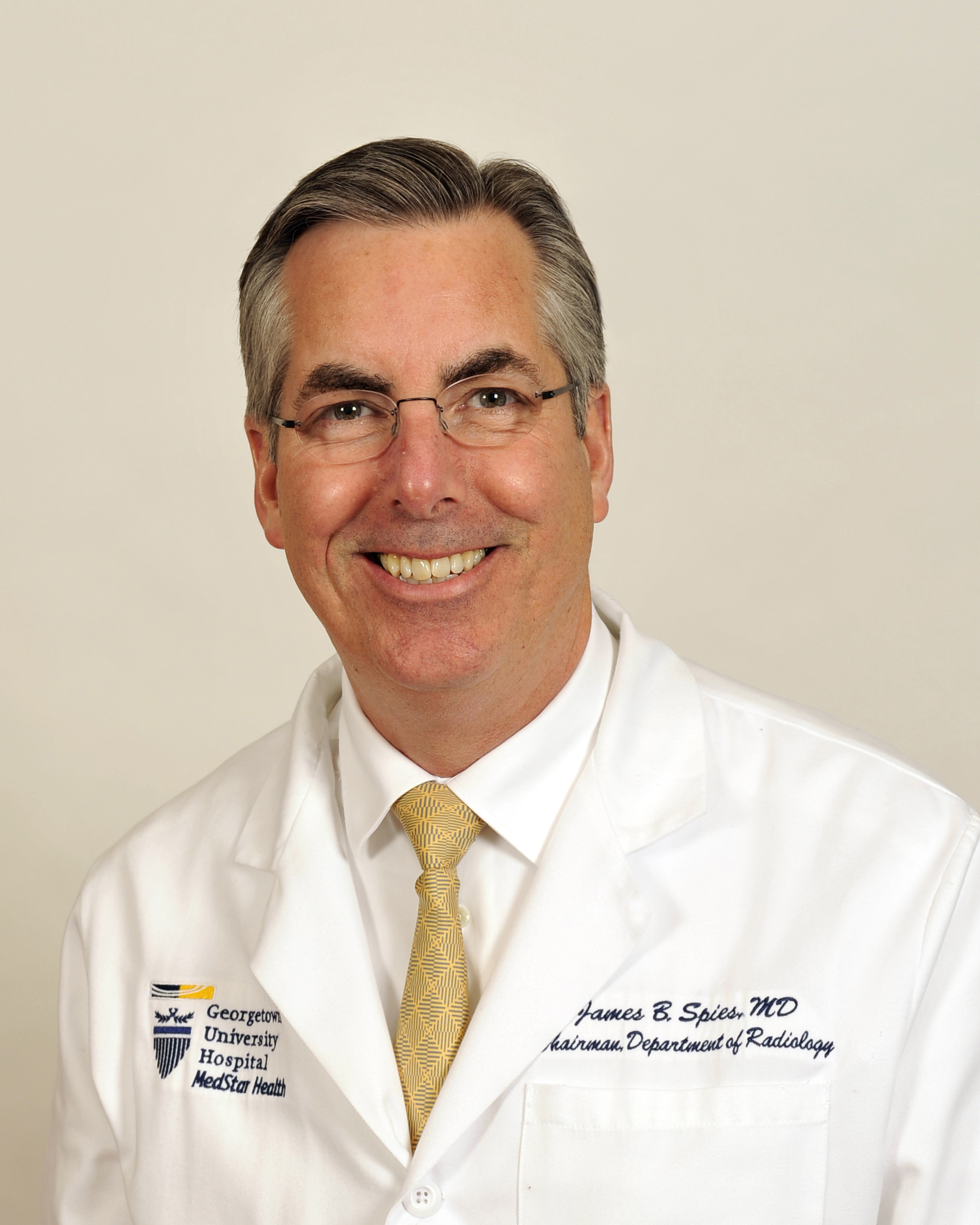 By James B. Spies, MD, MPH, Associate Executive Director for Interventional Radiology
By James B. Spies, MD, MPH, Associate Executive Director for Interventional Radiology
2021;14(3):6
With the administration of the oral certifying exams last month, the ABR has successfully completed its first remote IR/DR certification cycle, an achievement that seemed a nearly insurmountable task a year ago, when it became apparent that conducting exams remotely was the only path forward in the midst of the COVID-19 pandemic. With many technical hurdles to overcome, rethinking and re-engineering board certification exam platforms commanded the full effort of ABR staff and volunteers to get the job done in time. The successful administration of the exams is a testament to their tireless efforts.
The IR/DR Certifying Exam has two components: computer-based and oral. The computer-based component has approximately 180 questions, one-third pertaining to interventional radiology and two-thirds covering the essentials of radiology material common to all radiology certifying exams. The oral component consists of four 30-minute sections: Imaging of IR; Core and Miscellaneous Interventional (including portal interventions, biopsy, drainage, etc); Interventional Oncology, Hepatobiliary, Genitourinary, and Pancreatic Interventions; and Arterial and Venous Interventions. This has been the structure since the IR/DR pathway was approved.
Click HERE to read more.

Teamwork Makes Remote Oral Exams Successful
by Matthew B. Podgorsak, PhD, Kalpana M. Kanal, PhD, Robert A. Pooley, PhD, ABR Trustees; J. Anthony Seibert, ABR Governor; and Geoffrey S. Ibbott, PhD, ABR Associate Executive Director for Medical Physics
2021;14(3):7
After a successful pilot administration to a limited number of candidates in March, the first full-scale Medical Physics Remote Certifying Oral Exam was held May 1-4. A total of 281 candidates in diagnostic, nuclear, and therapeutic medical physics were examined using a remote platform. Approximately 120 examiners, 50 navigators, and numerous ABR staff participated in the four-day event.
The platform was developed by the ABR IT staff, led by Scott Segal, Director of IT/IS, over the past 14 months. It includes a hybrid web browser and WebEx user interface that enables an examiner to display questions to a candidate while also interacting visually with the candidate during the exam period. Candidates have full control of their displays, allowing them to pan, zoom, and otherwise manipulate their views of an item. Each candidate also has a physical whiteboard for showing sketches to an examiner while discussing a question.
Click HERE to read more.

Successful Oral Exam Development Required Teamwork, Quick Action
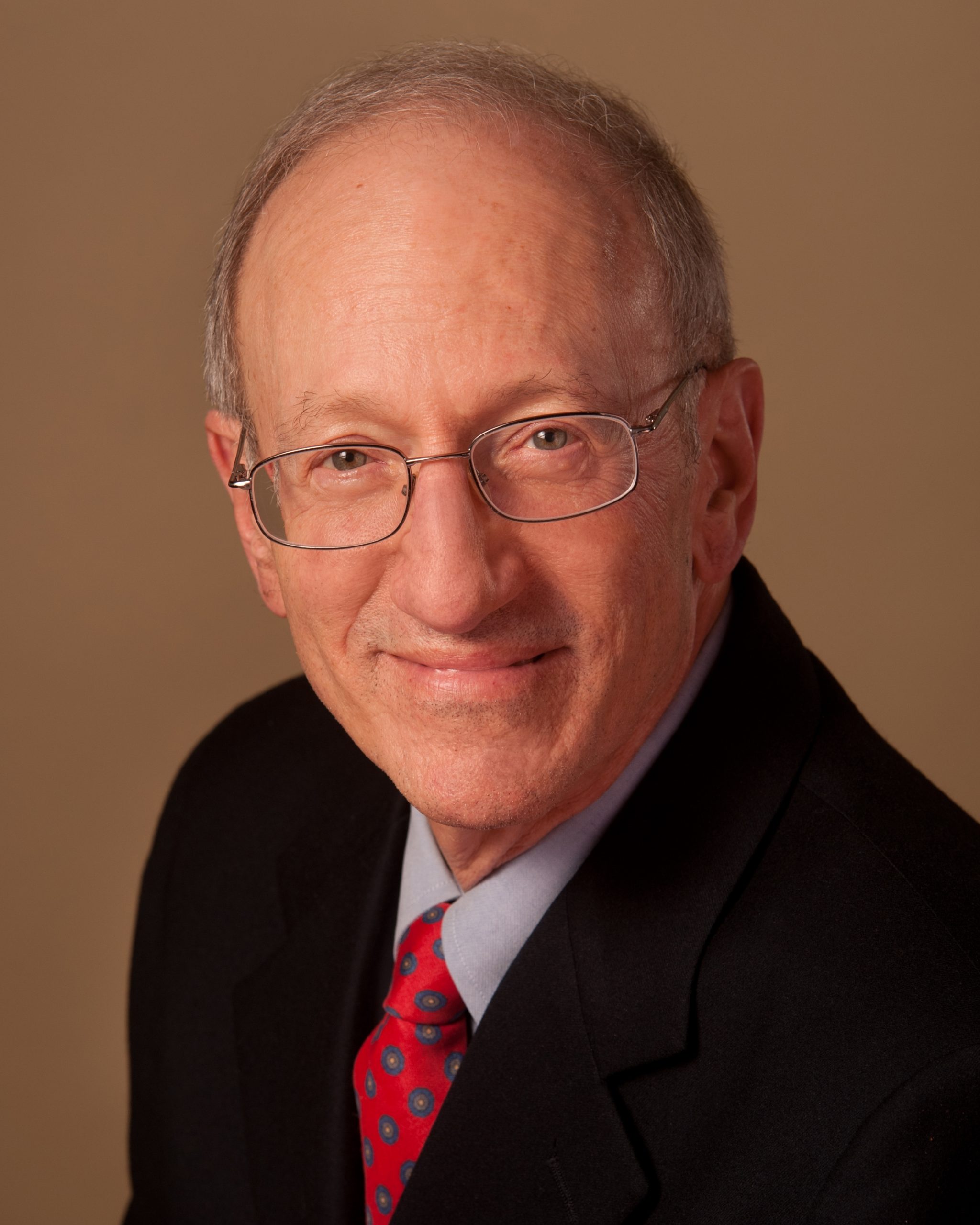 by Paul E. Wallner, DO, ABR Associate Executive Director for Radiation Oncology; Lydia Malis, ABR Associate Director of Exam Services; and Anthony Gerdeman, PhD, ABR Director of Exam Services
by Paul E. Wallner, DO, ABR Associate Executive Director for Radiation Oncology; Lydia Malis, ABR Associate Director of Exam Services; and Anthony Gerdeman, PhD, ABR Director of Exam Services
2021;14(3):8
ABR radiation oncology trustees had been considering alternatives to in-room, hotel-based certifying (oral) exams for some time, but when the May 2020 exams had to be postponed, it became apparent that a solution enabling remote exam administration was essential expeditiously. What might otherwise have been a several-year development process had to be completed within a timeline that permitted the 2020 eligible exam cohort to maintain a pathway to initial certification generally compatible with previous schedules.
The primary goal of exam development was to create a platform that provided the best possible experience for candidates while maintaining necessary content security and examiner satisfaction. Teams comprising ABR staff and volunteers were formed to focus on developing the examiner and candidate software, essential hardware specifications, content requirements and development, user interface, and a potential variety of exam scheduling iterations because of time zone considerations. To accomplish these tasks in the most efficient and expeditious manner, teams began their tasks independently but were in constant communication and cross-fertilization through almost daily videoconference calls. Team leadership conferred on a weekly basis to review progress, consider alternative solutions for defined problems, and test development at each step of the process.
Click HERE to read more.

First-Time Examiners Make Easy Move to Remote Platform
by Rodney Campbell, ABR Communications Manager
2021;14(3):9
First-time ABR examiners this spring only experienced in-person oral exams in Louisville or Tucson as candidates. Although their knowledge of the old process is limited, they see many advantages in using the remote format.
We reached out to five new examiners to get their thoughts on the platform: Joseph Erinjeri, MD (interventional radiology); Sarah Milgrom, MD (radiation oncology); Kristi Hendrickson, PhD (medical physics); Rajesh Shah, MD (interventional radiology); and Anil Sethi, PhD (medical physics). Here are excerpts of what they said.
What were your expectations going into the remote format?
Dr. Erinjeri: “After a year of remote everything, remote board exams didn’t seem too much of a stretch. But I knew one of the most important goals of the remote exam would be finding ways to make candidates feel comfortable.”
Click HERE to read more.
Experienced Oral Examiners Quickly Find Comfort on New Platform
by Rodney Campbell, ABR Communications Manager
2021;14(3):10
Less than a year after the ABR Board committed to moving from in-person to remote oral exams in 2021, candidates were online with examiners using the new platform. It took countless hours of staff and volunteer work, but the effort was worth it: a combined 918 interventional radiology (IR), medical physics (MP), and radiation oncology (RO) candidates took pilot and regularly scheduled exams in March and May.
Developing the platform required teamwork, from staff setting up the technical side to volunteers providing content for exams. Once all that was complete, training became a priority to prepare examiners for their duties.
“The training was essential,” said Jean Moran, PhD, an MP examiner from the University of Michigan Department of Radiation Oncology. “There was the practical aspect of learning how to navigate the software while having functioning audio and visual. Just as important, the ABR had a series of meetings which were recorded for reference that set the expectations for professionalism.
“The sessions were well attended with excellent engagement that included lively question and answer periods for each session.”
Click HERE to read more.

There’s Still Time to Stay on Pace with OLA
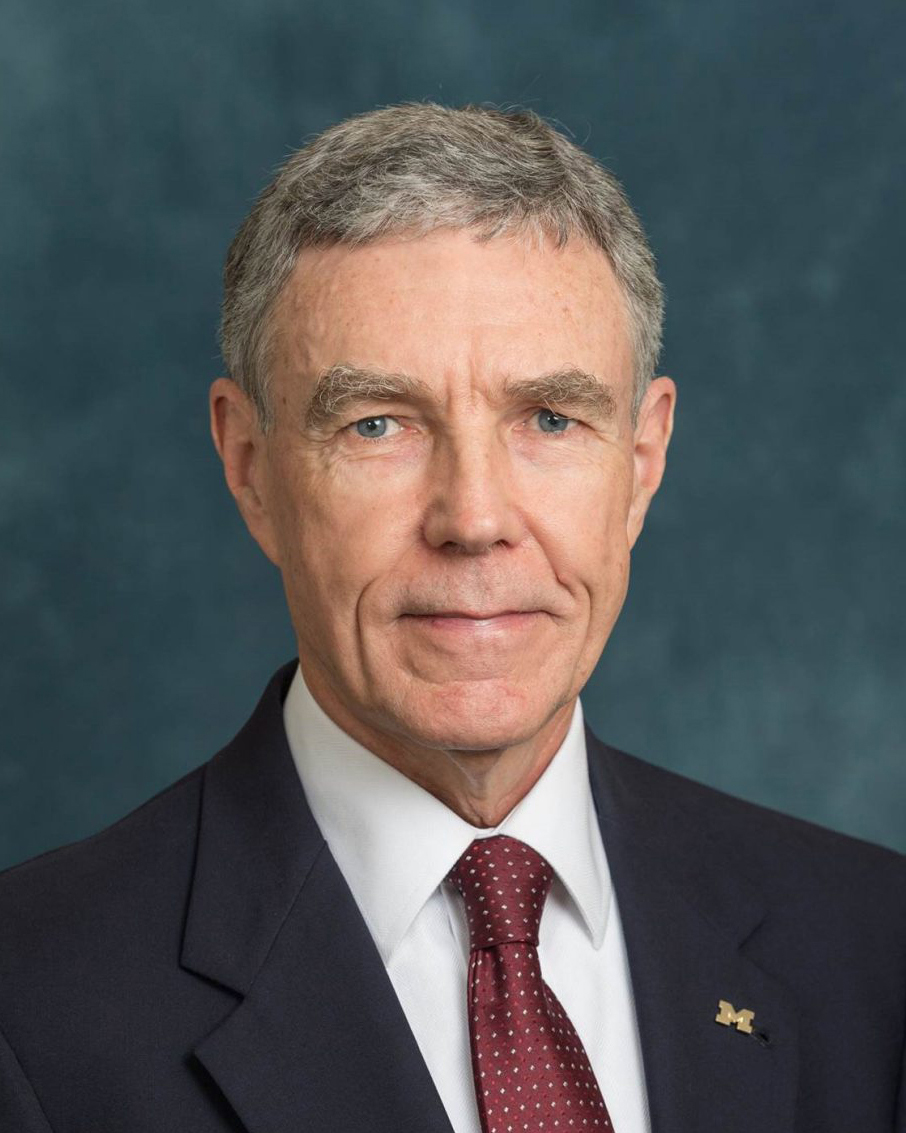 by N. Reed Dunnick, MD, ABR Associate Executive Director for Diagnostic Radiology
by N. Reed Dunnick, MD, ABR Associate Executive Director for Diagnostic Radiology
2021;14(3):11
Continuing certification for physicians requires lifelong learning and a cognitive assessment of the knowledge of practicing physicians and physicists. The Online Longitudinal Assessment (OLA) instrument developed by the ABR is designed to both test knowledge and provide learning. The explanations given after each item are the consensus of a committee of experts in the area being tested.
As of June 2021, more than 30,000 diplomates have combined to answer more than 4 million OLA questions. They have also provided feedback on the usefulness of each item, which is greatly appreciated as we constantly strive to improve the OLA program.
Activity in 2021 remains strong with almost half of participating diplomates on track to answer their yearly required number of questions by late June. Unfortunately, four percent of participating diplomates have not answered any questions and six percent have answered fewer than 10.
Click HERE to read more.

ABR Trustee Receives 2021 AUR A3CR2 Outstanding Teacher Award
The Association of University Radiologists (AUR) has recognized ABR Trustee Sanjeev Bhalla, MD, with the 2021 A3CR2 Outstanding Teacher Award. This award honors an outstanding teacher in radiology as evidenced by the quality of their presentations and teaching materials, their ability to motivate learning, their effectiveness as a mentor, and the impact that their teaching has on trainees.
During the award presentation, Dr. Bhalla’s colleague Christine (Cooky) Menias, MD, said, “He has a unique way of educating his trainees, tailoring his lessons to their level of professional maturity and understanding, always expecting excellence but always encouraging if it is not quite there yet. That is why he has such a profound influence on so many very early in their careers. His passion for radiology and teaching is unmatched and permeates everything he does.
“Sanjeev is one of those exceptionally rare individuals who not only excels himself, but makes everyone around him better.”
Dr. Bhalla is a professor of radiology at Mallinckrodt Institute of Radiology (MIR) at the Washington University School of Medicine in St. Louis and has been an ABR diagnostic radiology trustee since 2016.

Visit the ABR at Two Society Meetings in 2021
2021;14(3):13
The ABR will have a booth at two society meetings later this year. Stop by and see us at the American Society for Radiation Oncology (ASTRO) Annual Meeting on October 24-27 and the Radiological Society of North America (RSNA) Annual Meeting on November 28 – December 2. Both meetings will be held at the McCormick Place in Chicago.

May 18 Blog
IR/DR IC Advisory Committee Ready to Improve Candidate Experience
May 11 Blog
Newly Scorable Questions Can Affect OLA Individual Performances
May 4 Blog
A3CR2 Award Proves Value of Trustee’s Commitment to Teaching
April 26 Blog
ABR Family Leave Policy: An Opportunity for Progress in Radiology
April 15 Blog
Game, Set, Matched: Match Day Validations
April 12 Blog
Stakeholders Support Increase in Residency Leave Time






